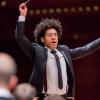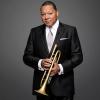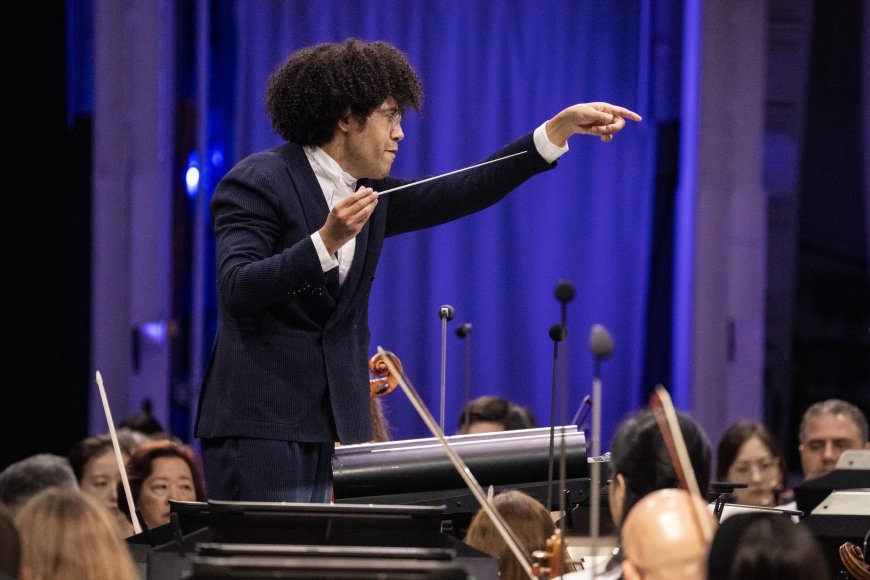
A couple of special events marked the last week of the Hollywood Bowl’s classical season: conductor Rafael Payare, on loan from the San Diego Symphony, leading the Los Angeles Philharmonic in the U.S. premiere of Wynton Marsalis’s Concerto for Orchestra on Tuesday, Sept. 9, and a joint appearance by the LA Phil and the Dance Theatre of Harlem on Thursday, Sept. 11. In olden times, the Phil would bow out with the annual Fireworks Pops Finale over the weekend, but they dropped that gig a while ago; the veteran rock band with horns, Chicago, did the honors this year.
We’ll concentrate on the Payare concert, which was split into two serendipitously equal parts. First came Antonín Dvořák’s Cello Concerto in B minor, with the solo part performed by star cellist Alisa Weilerstein, who is Payare’s wife. Then there was the Marsalis piece, which premiered in Cologne, Germany, in January. Both clocked in at approximately 38 minutes — somewhat fast for Dvořák. The Marsalis concerto is one of his shorter major compositions for symphony orchestra, and, frankly, a lot more fun than most others.
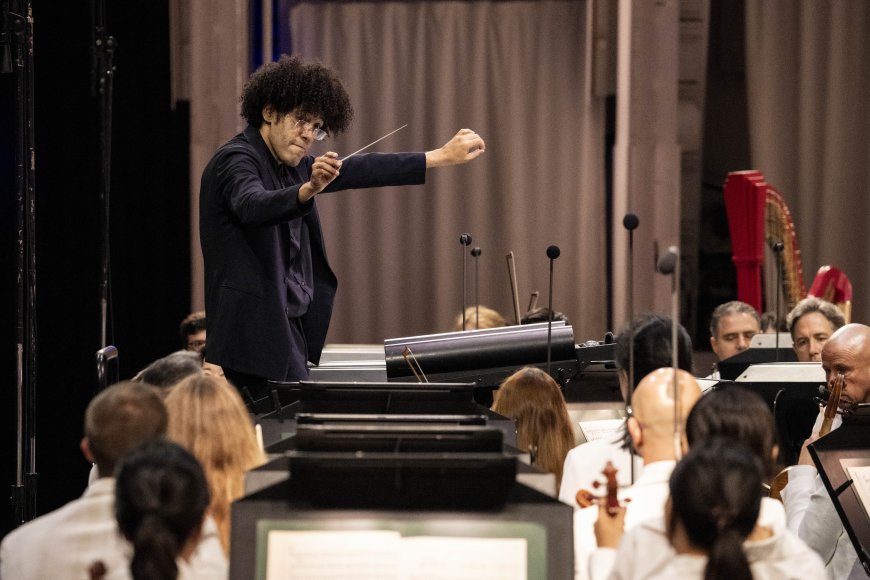
One could easily call the Marsalis concerto a divertimento on account of its lighthearted mood and collection of six short movements with bizarre titles. The first movement is called “Who struck John?” — which raises the question of who John is, let alone the identity of his assailant. From the mocking conversations between percussion and winds to the brooding cello and bass lines borrowed from secondhand memories of Béla Bartók’s own Concerto for Orchestra and other instrumental dialogues, Wynton offers no clues.
In “Group Speak,” the bass clarinet, contrabassoon, violins, basses, and other winds all traded little comments, eventually coalescing into an archly loony series of dances. “Testimonials” featured some antics from a trombone and horn, other instruments jeering and chattering, and some solo time for Bing Wang, the Phil’s de facto concertmaster until replacements can be found for the vacant chairs of Martin Chalifour and Nathan Cole.
“It Comes in Waves” revealed more sectional statements and mockery coming in very brief waves of sound. “A Love Feeling” was the only attempt to establish a lyrical mood, but the music soon gave that up, while interpolating a passage that sounded a bit like the Benny Goodman swing-era hit “Jersey Bounce.”
The crowning touch was a finale titled “Say What?” where, after escalating string runs reached a mighty discord, a succession of unrelated modules lasting only a few seconds each resumed. Finally, a solo clarinet took up the only sustained line of invention that I could hear in this score of fragments, and an outbreak of hand clapping — which the audience was quick to pick up — sent the score to a quasi-New Orleans-style close. Like I said before, it was fun to hear, and most likely fun for the musicians to play.
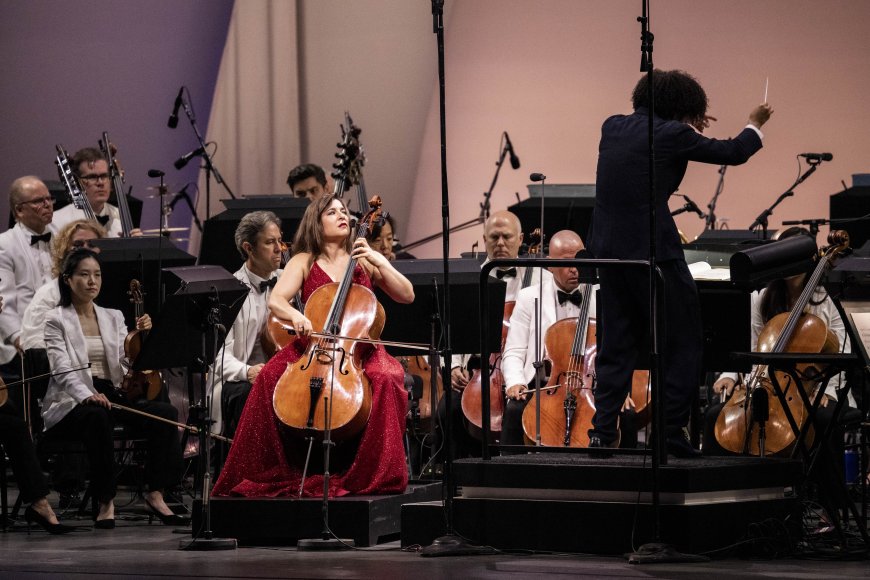
The physically hyperactive Payare was in vintage form on the podium for the opening of the Dvořák concerto, whipping up the Phil to the point where the violins produced an acerbic edge over the loudspeakers. The volatility extended to Weilerstein’s tempestuous opening notes, and the second theme nearly wept. Weilerstein doesn’t sport the massive tone quality of some of her great predecessors, but she exhibited the welcome temperament that has developed across her career, generous with portamentos and keeping the line firm in the slow movement. She capped her appearance with the Sarabande from J.S. Bach’s Cello Suite No. 4.
After this performance, Payare returns to his posts with the Orchestre Symphonique de Montréal, where he has been reviving the orchestra’s recording program with big works by Gustav Mahler, Arnold Schoenberg, and Richard Strauss, and to the San Diego Symphony, where he will offer out-of-the-way and semi-staged performances of pieces by Claude Debussy and Maurice Ravel in his season-opening concerts on Oct. 3 and 5. And as for the LA Phil, the summer season is now a wrap.


